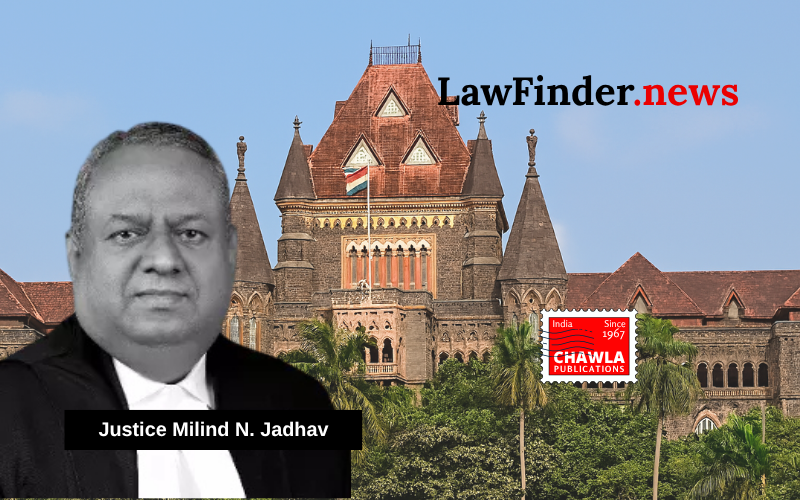High Court Quashes Family Court's Time-Bound Schedule for Final Arguments, Emphasizes Adherence to Procedural Safeguards
In a significant ruling, the Bombay High Court has intervened to uphold procedural fairness in a matrimonial dispute between Poonam Jaidev Shroff and Jaidev Rajnikant Shroff. The High Court has quashed the Family Court's directive to fix a time-bound schedule for final arguments in the divorce petition without proper adjudication of the issue of permanent alimony. The judgment underscores the importance of adhering to procedural law and ensuring a fair trial, particularly in sensitive matrimonial cases.
Presided over by Justice Milind N. Jadhav, the High Court's decision comes in response to a writ petition filed by Poonam Shroff challenging the procedural directions issued by the Family Court. The Family Court had initially scheduled final arguments without resolving the substantive issue of permanent alimony, despite being directed to do so by the Supreme Court in earlier proceedings.
Justice Jadhav emphasized that procedural law forms the foundation of justice and cannot be bypassed for expediency. The High Court noted that procedural irregularities, such as bypassing substantive issues like alimony, are impermissible and can result in manifest injustice. The Court highlighted the necessity for Family Courts to ensure compliance with procedural safeguards and principles of natural justice.
The ruling also touches upon the supervisory jurisdiction of the High Court under Article 227 of the Constitution, asserting its power to intervene when procedural directions from lower courts cause manifest injustice. The High Court's decision reflects a commitment to safeguarding substantive rights and ensuring fairness in legal proceedings.
The case has seen extensive litigation, with multiple interlocutory applications and writ petitions filed by both parties. The Supreme Court had previously expedited proceedings and directed the trial court to determine the marriage petition within a specified timeline. However, the High Court found that the procedural approach adopted by the Family Court was not conducive to a fair trial and risked undermining the substantive rights of the parties involved.
The High Court's judgment serves as a reminder of the importance of procedural law in ensuring justice, particularly in matrimonial disputes where sensitive issues like alimony and custody are at stake. By quashing the time-bound schedule for final arguments, the High Court has reinforced the need for Family Courts to adhere to established legal principles and provide a fair trial to both parties.
Bottom Line:
Family Courts must adhere to procedural law and ensure fair trial, particularly in matrimonial disputes, without bypassing established legal principles for expediency.
Statutory provision(s): Article 227 of the Constitution, Civil Procedure Code, Special Marriage Act Section 34, Rajnesh v. Neha (2021) 2 SCC 234.
Poonam Jaidev Shroff v. Jaidev Rajnikant Shroff, (Bombay) : Law Finder Doc Id # 2792182




